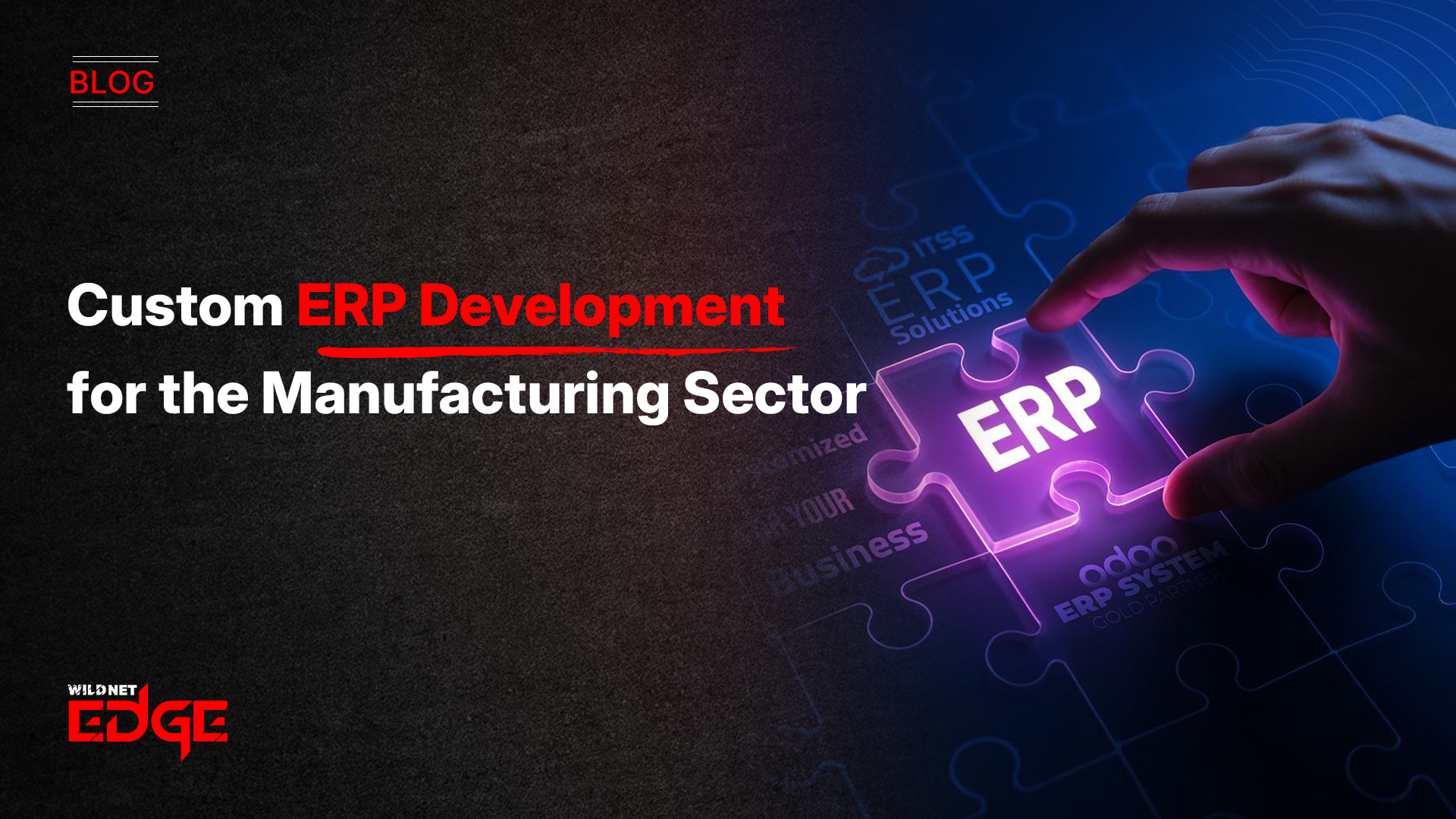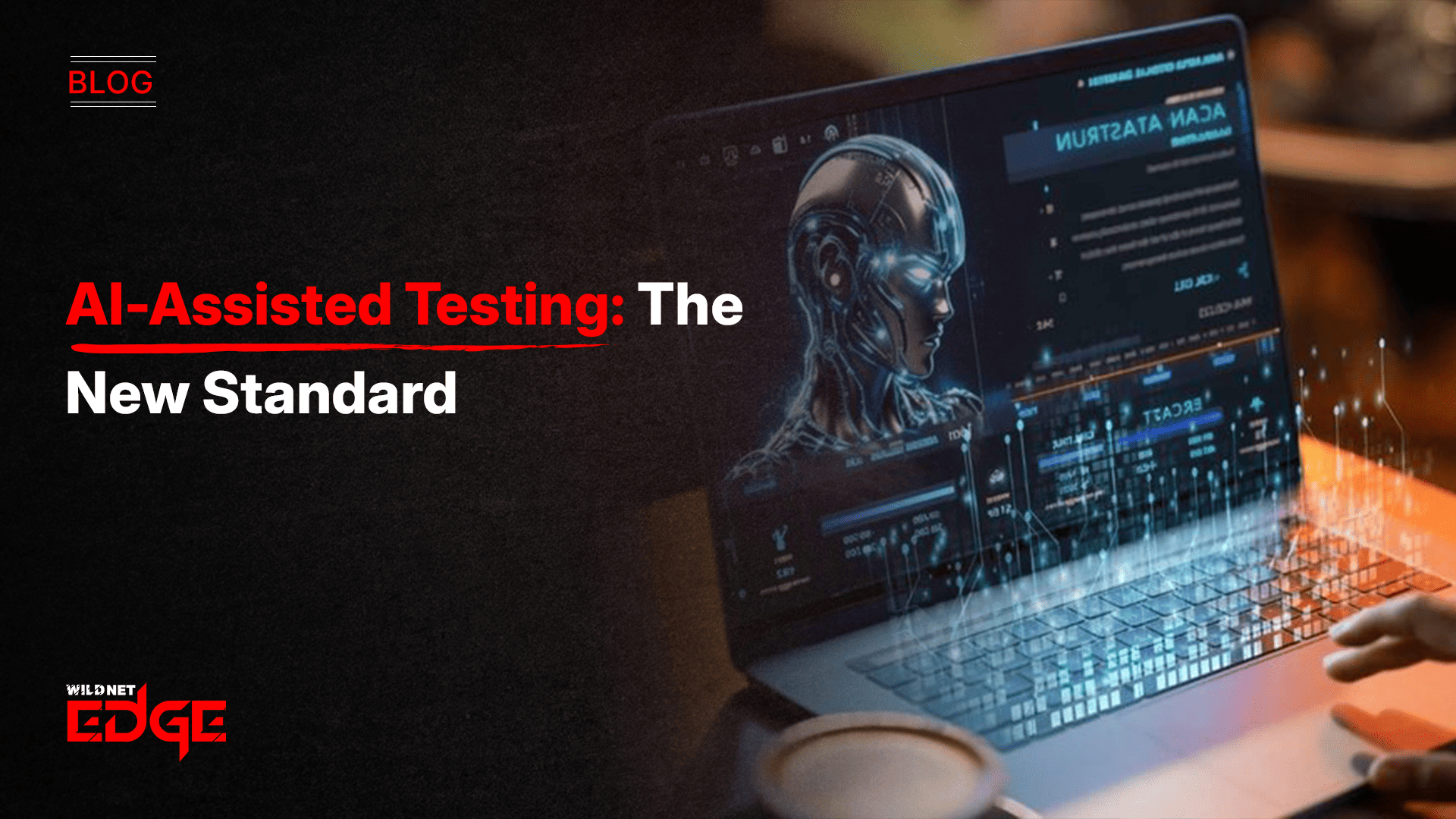Struggling to keep your manufacturing operations running smoothly? Disconnected systems, inventory chaos, and inefficient production processes can drain your resources and profits. Imagine a custom Manufacturing ERP Development tailored to your unique needs—streamlining production, automating inventory tracking, and supercharging your workflow. In this post, we’ll show you how the right ERP solution transforms your manufacturing business from chaos to control.
Production Modules in Manufacturing ERP
Production modules are the heartbeat of any robust Manufacturing ERP Development strategy. These components serve as the operational command center, orchestrating every step of the manufacturing process from start to finish. A well-designed production module enables manufacturers to optimize workflows, improve scheduling accuracy, maintain quality control, and allocate resources efficiently—all while adapting to unique production requirements.
Core Functionalities
- Scheduling: Modern production modules offer dynamic scheduling tools that consider machine availability, workforce capacity, and material readiness. They enable manufacturers to plan production runs precisely, reducing downtime and speeding up order fulfillment.
- Quality Control: Built-in quality management features automate inspection checkpoints and defect tracking. This ensures compliance with industry standards and helps catch issues early, minimizing rework and waste.
- Resource Allocation: Production modules allocate machines, labor, and raw materials proportionally based on the production plan. This helps prevent bottlenecks and optimizes throughput.
Custom Adaptation for Specific Manufacturing Processes
Every manufacturer operates differently—from make-to-order metal fabricators to large-scale food processors. Custom Manufacturing ERP Development allows production modules to be tailored to niche workflows:
- Discrete Manufacturing can benefit from modules that handle complex bill of materials (BOMs) and assembly line sequencing.
- Process Manufacturing requires ERP modules capable of managing formulations, batch processing, and compliance tracking.
- Just-In-Time (JIT) Operations get value from modules emphasizing lean manufacturing principles and real-time data feeds.
By focusing development on your specific needs, custom production modules maximize efficiency and provide actionable insights into your operation’s performance. This tailored approach not only automates routine tasks but also offers flexibility to evolve with changing manufacturing demands.
Advanced Inventory Tracking Features
Inventory tracking is a critical pillar in Manufacturing ERP Development. Accurate, real-time inventory visibility prevents costly interruptions and inefficiencies. Unlike generic systems, advanced inventory tracking features in custom ERP solutions ensure manufacturers maintain optimal stock levels, monitor batch histories, and reduce waste.
Key Capabilities
- Real-Time Inventory Updates: Using IoT sensors and RFID technology, modern ERP systems offer real-time stock status updates. This visibility helps you react quickly to production and supply chain fluctuations.
- Automated Reorder Alerts: Custom ERP platforms can trigger automated notifications or purchase orders when inventory dips below predefined thresholds, preventing stockouts without manual intervention.
- Batch and Lot Tracking: Essential for traceability, especially in regulated industries like pharmaceuticals and food processing. ERP systems track lot numbers and expiration dates, supporting product recalls and quality audits.
- System Integrations: Custom ERP development ensures seamless integration with warehouse management systems (WMS), supplier platforms, and even manufacturing machinery. This unified data ecosystem reduces errors and streamlines operations.
How Tailored ERP Solutions Improve Inventory Accuracy
Off-the-shelf inventory modules often lack industry-specific nuance, leading to discrepancies and blind spots. Custom manufacturing ERP development addresses this by aligning inventory tracking with your workflows:
- Configuring inventory rules that match production cycles and supplier lead times
- Incorporating multi-location inventory management for distributed plants or warehouses
- Applying AI-driven demand forecasting to optimize reorder points and minimize excess stock
The result is a finely tuned inventory management system that controls costs, boosts production continuity, and enhances customer satisfaction by reducing delays.
Benefits of Custom ERP Development in Manufacturing
Why settle for one-size-fits-all software when your manufacturing process is uniquely complex? Off-the-shelf ERP systems can fall short by forcing rigid workflows or limiting scalability. Custom Manufacturing ERP Development empowers manufacturers with solutions built to fit—offering tangible benefits across operations.
Alignment with Unique Production Methods
Whether you employ discrete, process, or hybrid manufacturing, customized ERP ensures modules and workflows reflect your production realities. This alignment reduces workarounds and manual data entry, significantly improving productivity and accuracy.
Flexibility for Scaling Operations
As your manufacturing business grows, so do your operational demands. Custom ERP solutions are designed with flexibility in mind, enabling:
- Easy addition of new production lines or facilities
- Adaptation to new product types or regulatory requirements
- Modification of inventory and scheduling parameters
Such scalability minimizes costly system replacements and downtime during expansion.
Enhanced Reporting and Analytics
Custom Manufacturing ERP Development allows you to build advanced reporting dashboards tailored to your KPIs. From production yield rates and machine utilization to inventory turnover and supplier performance, having precise analytics drives data-driven decisions that improve margins and responsiveness.
Improved Integration with Existing Tools and Machinery
Many manufacturers operate legacy machinery and software essential to production. Custom ERP solutions can be engineered to integrate directly with these assets, enabling:
- Real-time data capture from equipment sensors
- Automated task trigger based on machine status
- Unified interfaces for operators managing multiple systems
This integration reduces manual errors and improves overall process visibility.
Emerging Trends and Best Practices in Manufacturing ERP
Manufacturing ERP Development in 2026 is evolving rapidly, driven by technological innovation and rising industry expectations. Staying current with trends and best practices ensures that custom ERP implementations remain competitive and future-ready.
Key Trends Shaping Manufacturing ERP
- IoT Integration: Internet of Things devices embedded in machinery provide continuous data streams for predictive maintenance, energy management, and quality control. ERP platforms that natively incorporate IoT data deliver smarter automation and proactive decision-making.
- AI-Driven Analytics: Artificial intelligence enhances production optimization by analyzing large datasets, identifying inefficiencies, and predicting potential bottlenecks. AI-powered modules support demand forecasting, yield improvement, and supply chain risk management.
- Cloud-Based ERP Deployment: Cloud ERP solutions offer scalability, remote accessibility, and lower upfront costs. Manufacturers can leverage multi-tenant setups or private clouds depending on security and compliance needs.
- Increased Automation: From robotic process automation (RPA) in administrative tasks to autonomous material handling, ERP systems are integrating more automated workflows to boost throughput and reduce human error.
Best Practices for Successful ERP Implementation
- User Training and Change Management: Invest in comprehensive user training tailored to different roles. Engaged employees adapt faster and leverage the ERP system’s full potential.
- Phased Rollouts: Implement ERP features in stages rather than all at once. This phased approach helps minimize disruptions and allows continuous feedback and refinement.
- Data Cleansing Prior to Migration: Prepare your existing data thoroughly before integration. Clean, accurate data lays the foundation for effective ERP performance.
- Customization Balanced with Standardization: While customization is vital, avoid over-customizing features that could hinder future upgrades or increase maintenance costs.
Adhering to these practices with a trusted ERP development partner ensures your manufacturing ERP system delivers tangible ROI and operational excellence.
Conclusion
Custom Manufacturing ERP Development is no longer a luxury—it’s essential for staying competitive in today’s fast-paced market. By leveraging tailored production modules and robust inventory tracking, manufacturers can boost efficiency and reduce errors. WildnetEdge stands out as a trusted partner, offering expert custom ERP solutions that align perfectly with your business needs. Ready to transform your manufacturing processes? Connect with WildnetEdge today and take the first step toward operational excellence.
FAQs
Q1: What is Manufacturing ERP Development?
Manufacturing ERP Development refers to designing and customizing enterprise resource planning software specifically tailored to manage manufacturing operations efficiently.
Q2: How do production modules improve manufacturing efficiency?
Production modules streamline scheduling, resource management, and quality control, enabling smoother workflows and reducing downtime in manufacturing plants.
Q3: Why is inventory tracking crucial in a manufacturing ERP system?
Accurate inventory tracking prevents stockouts and overstocking, helping manufacturers maintain optimal stock levels and reduce operational costs.
Q4: Can custom ERP development integrate with existing manufacturing machinery?
Yes, custom ERP solutions can be designed to seamlessly integrate with current machinery and software for unified data flow and automation.
Q5: What trends are shaping the future of manufacturing ERP systems?
Key trends include IoT device integration, AI-powered analytics, cloud-based deployments, and increased automation to enhance decision-making and operational agility.

Nitin Agarwal is a veteran in custom software development. He is fascinated by how software can turn ideas into real-world solutions. With extensive experience designing scalable and efficient systems, he focuses on creating software that delivers tangible results. Nitin enjoys exploring emerging technologies, taking on challenging projects, and mentoring teams to bring ideas to life. He believes that good software is not just about code; it’s about understanding problems and creating value for users. For him, great software combines thoughtful design, clever engineering, and a clear understanding of the problems it’s meant to solve.
 sales@wildnetedge.com
sales@wildnetedge.com +1 (212) 901 8616
+1 (212) 901 8616 +1 (437) 225-7733
+1 (437) 225-7733















 ChatGPT Development & Enablement
ChatGPT Development & Enablement Hire AI & ChatGPT Experts
Hire AI & ChatGPT Experts ChatGPT Apps by Industry
ChatGPT Apps by Industry ChatGPT Blog
ChatGPT Blog ChatGPT Case study
ChatGPT Case study AI Development Services
AI Development Services Industry AI Solutions
Industry AI Solutions AI Consulting & Research
AI Consulting & Research Automation & Intelligence
Automation & Intelligence















